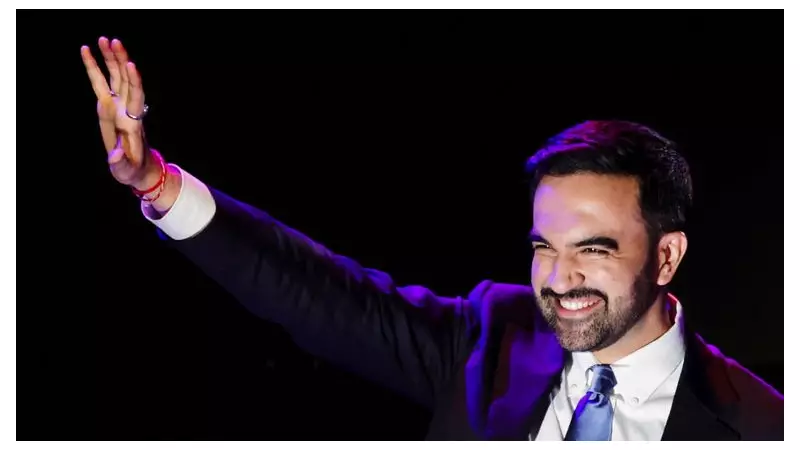
In a political upset that's sending shockwaves through New York's establishment, Zohran Mamdani has secured a remarkable victory that political analysts are comparing to Donald Trump's disruptive 2016 campaign. The progressive candidate's win suggests he may have stumbled upon a formula that mirrors the former president's successful, if controversial, approach to politics.
The Populist Playbook Reimagined
Mamdani, a member of the Democratic Socialists of America, achieved what many considered impossible by defeating a long-serving incumbent in the New York State Assembly. His campaign strategy bore striking similarities to Trump's playbook, albeit from the opposite end of the political spectrum.
Political insiders note several key parallels:
- A relentless focus on economic inequality and systemic injustice
- Direct, unfiltered communication that bypassed traditional media
- A grassroots mobilisation strategy that energised previously disengaged voters
- Clear, simple messaging that resonated with working-class constituents
A New Political Reality
What makes Mamdani's victory particularly significant is how it demonstrates the transferability of populist tactics across ideological lines. While Trump's brand of populism appealed to right-leaning voters concerned about immigration and globalisation, Mamdani successfully adapted similar methods to address left-wing priorities like housing justice and workers' rights.
"This isn't just another progressive victory," noted one political strategist. "It's evidence that the rules of political engagement have fundamentally changed. The old ways of campaigning—relying on party endorsements and playing nice—simply don't work in this new environment."
The Implications for Both Sides
Mamdani's success raises crucial questions about the future of American politics. If populist strategies can be effectively deployed by either side of the political divide, both major parties may need to reconsider their approach to elections and governance.
The victory also suggests that voters are increasingly responsive to candidates who speak plainly about their convictions and offer radical solutions to persistent problems, regardless of where they fall on the political spectrum.
As one veteran campaign observer noted: "We're witnessing the emergence of a new political paradigm. The centre may not be holding, and candidates who understand how to navigate this new reality—whether from the left or right—are the ones who will shape our political future."





